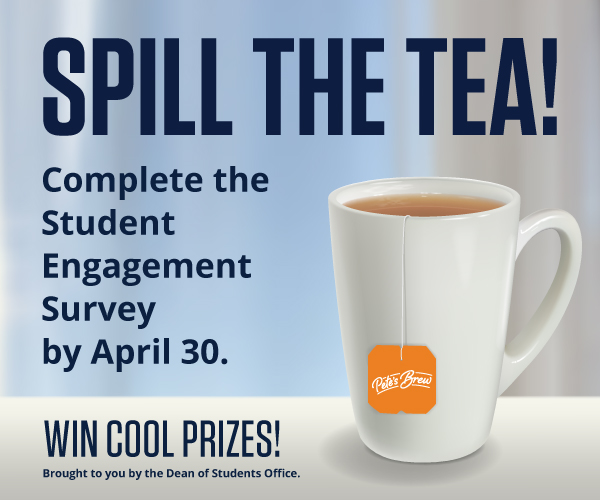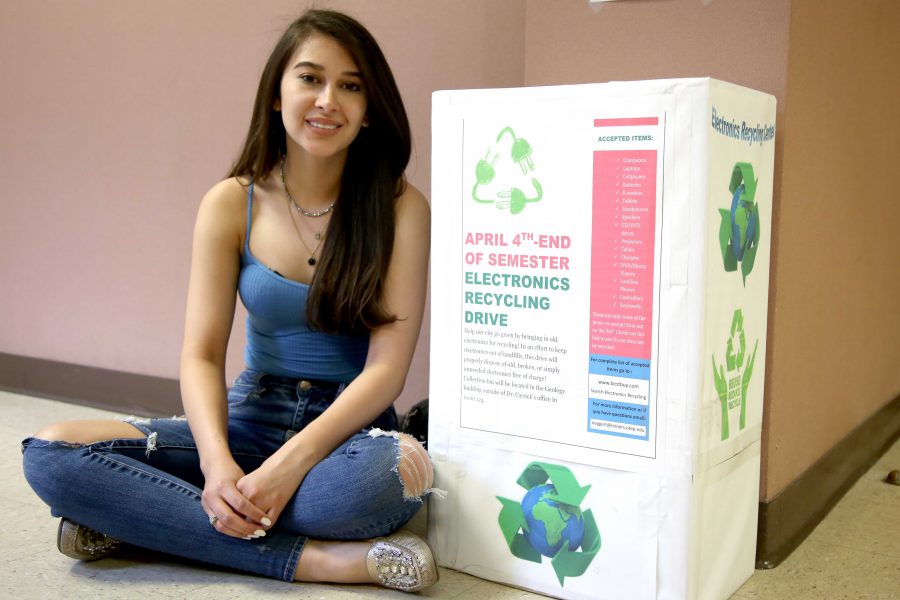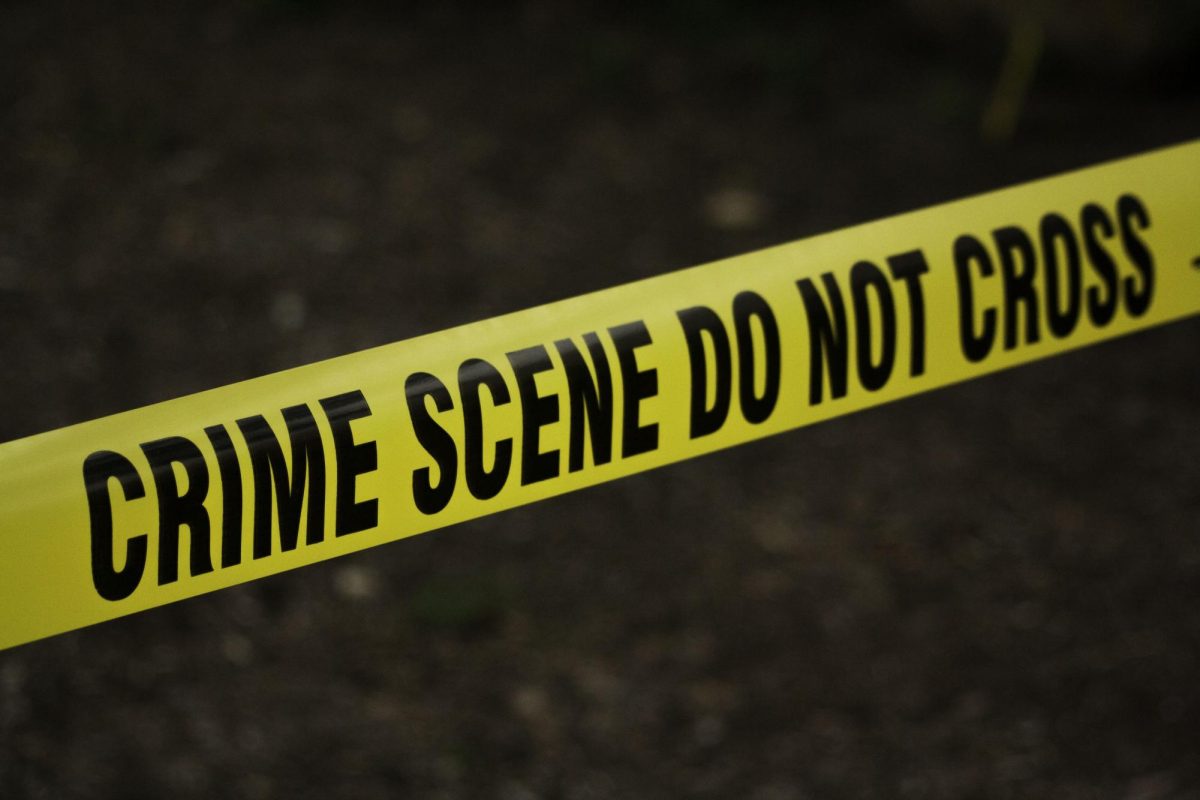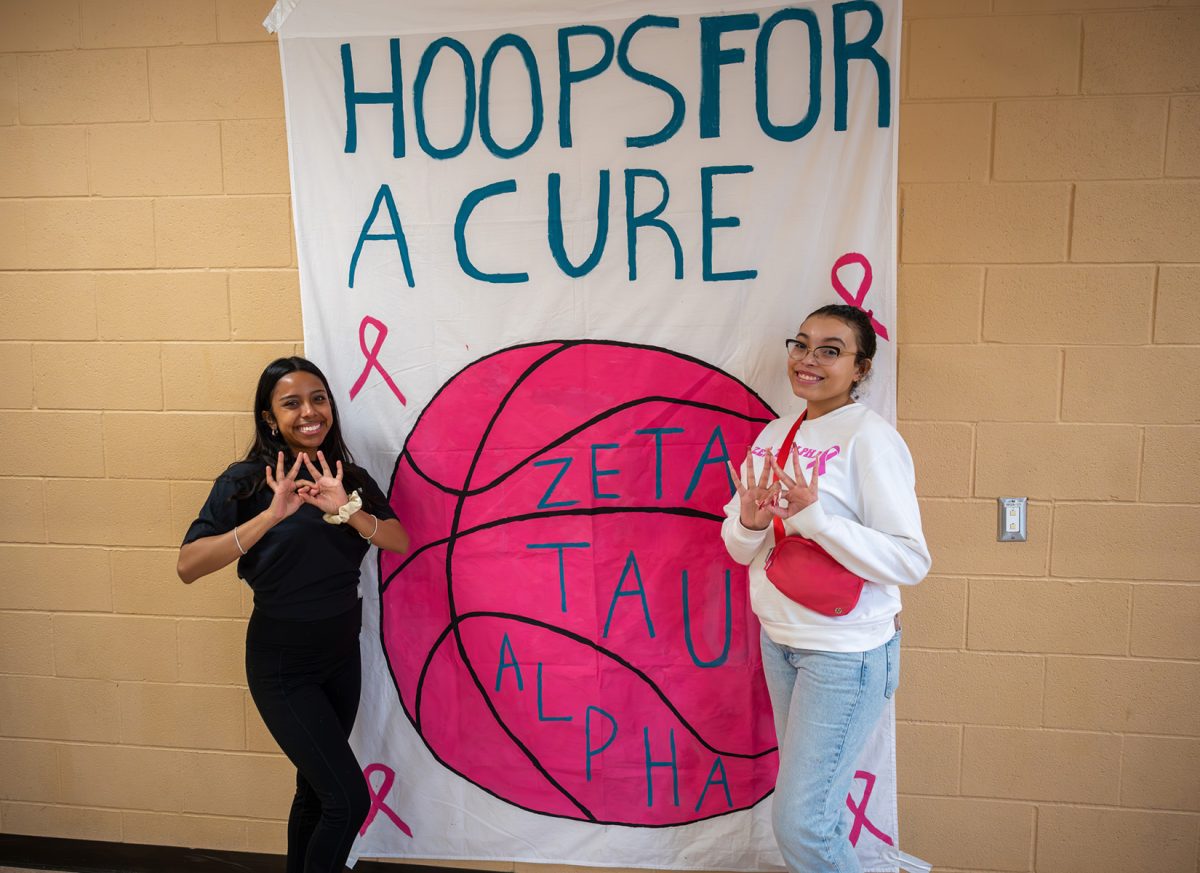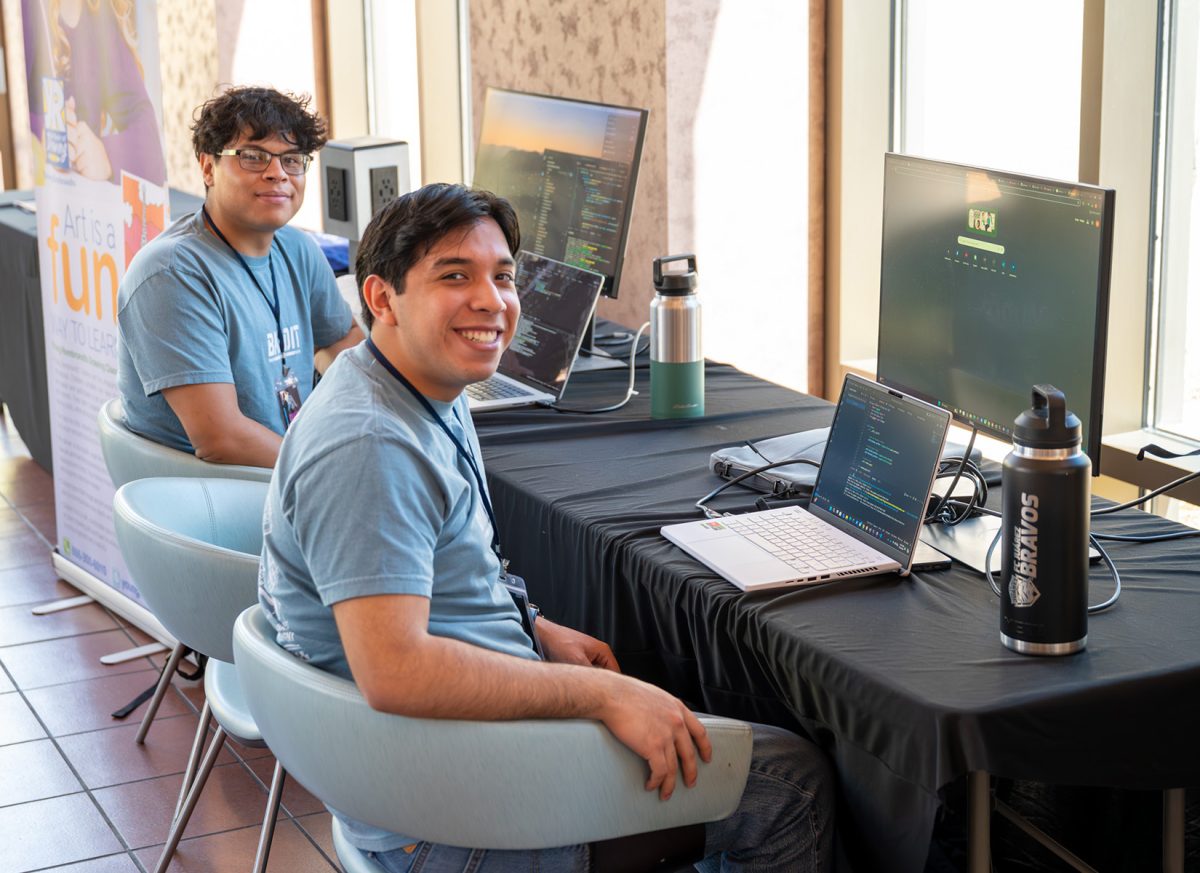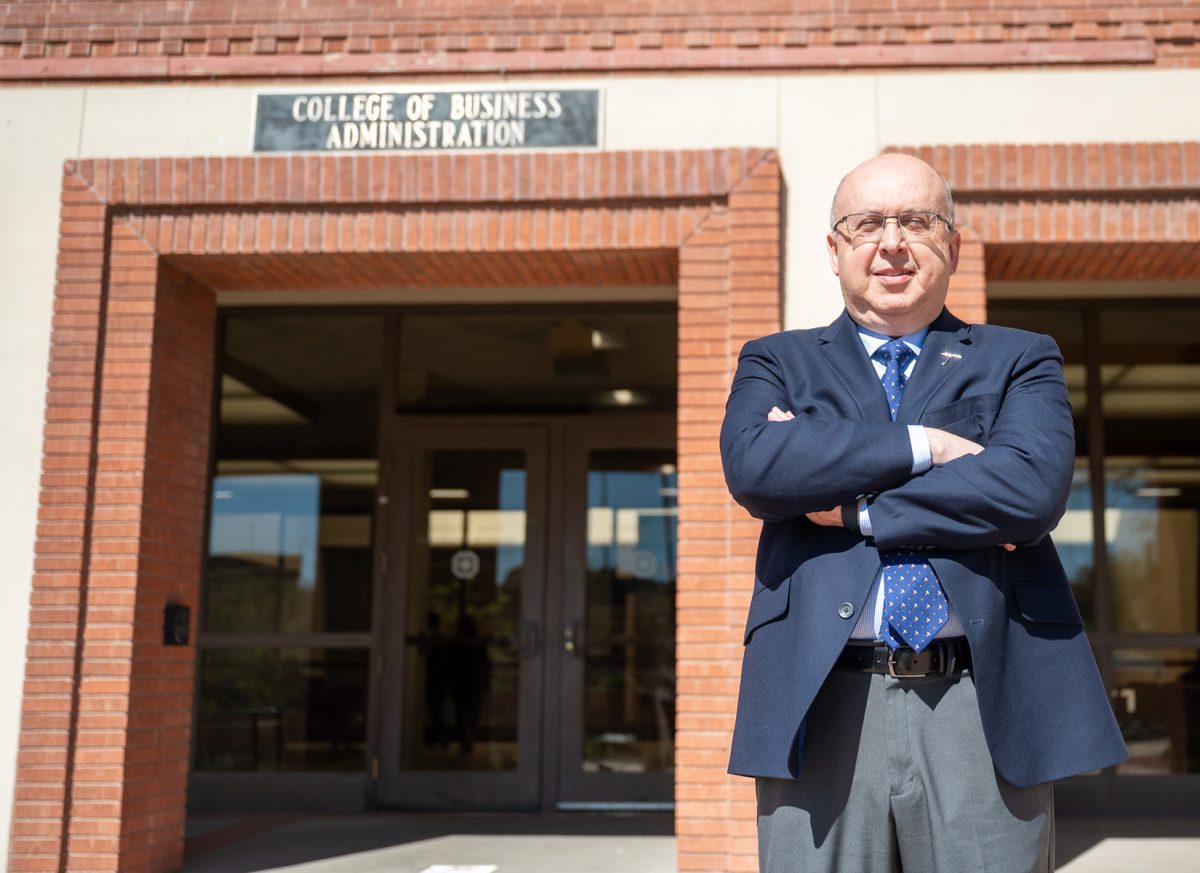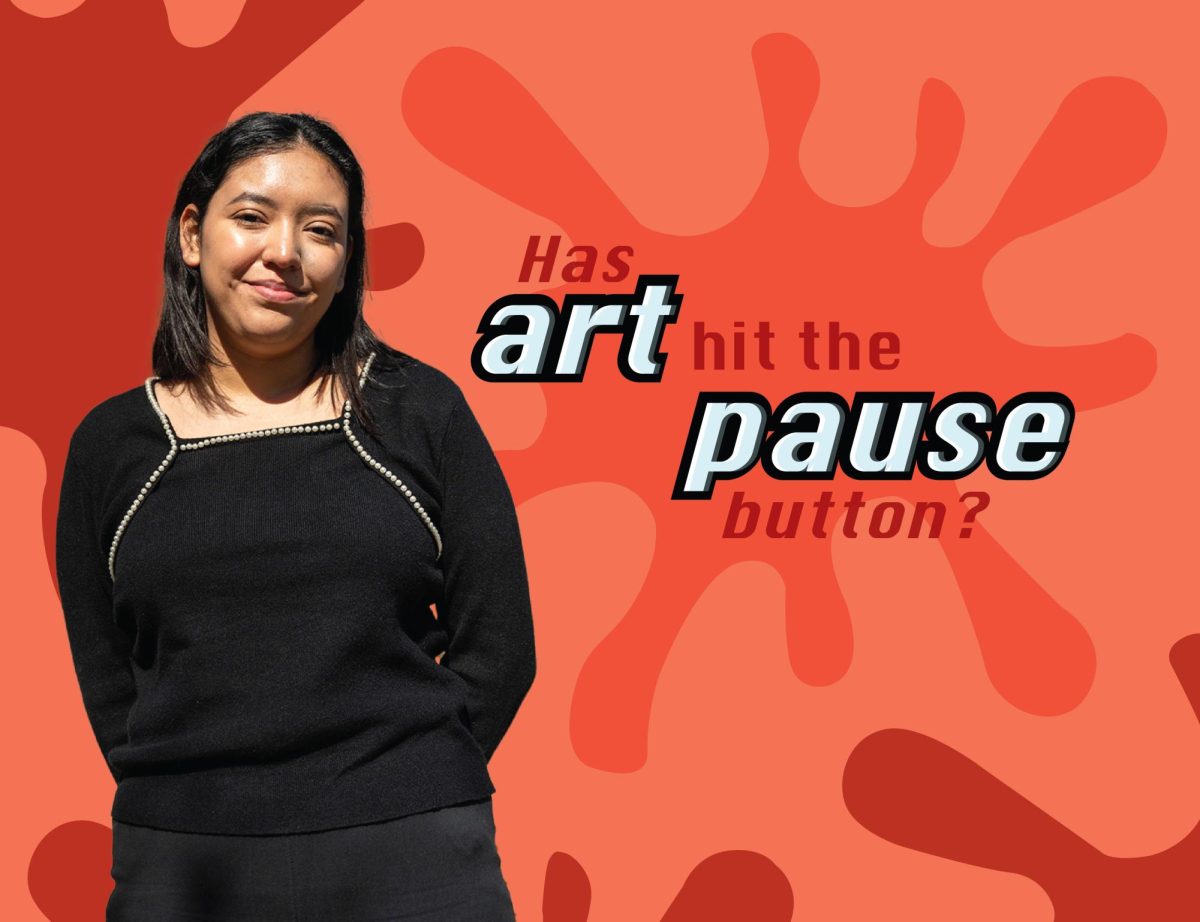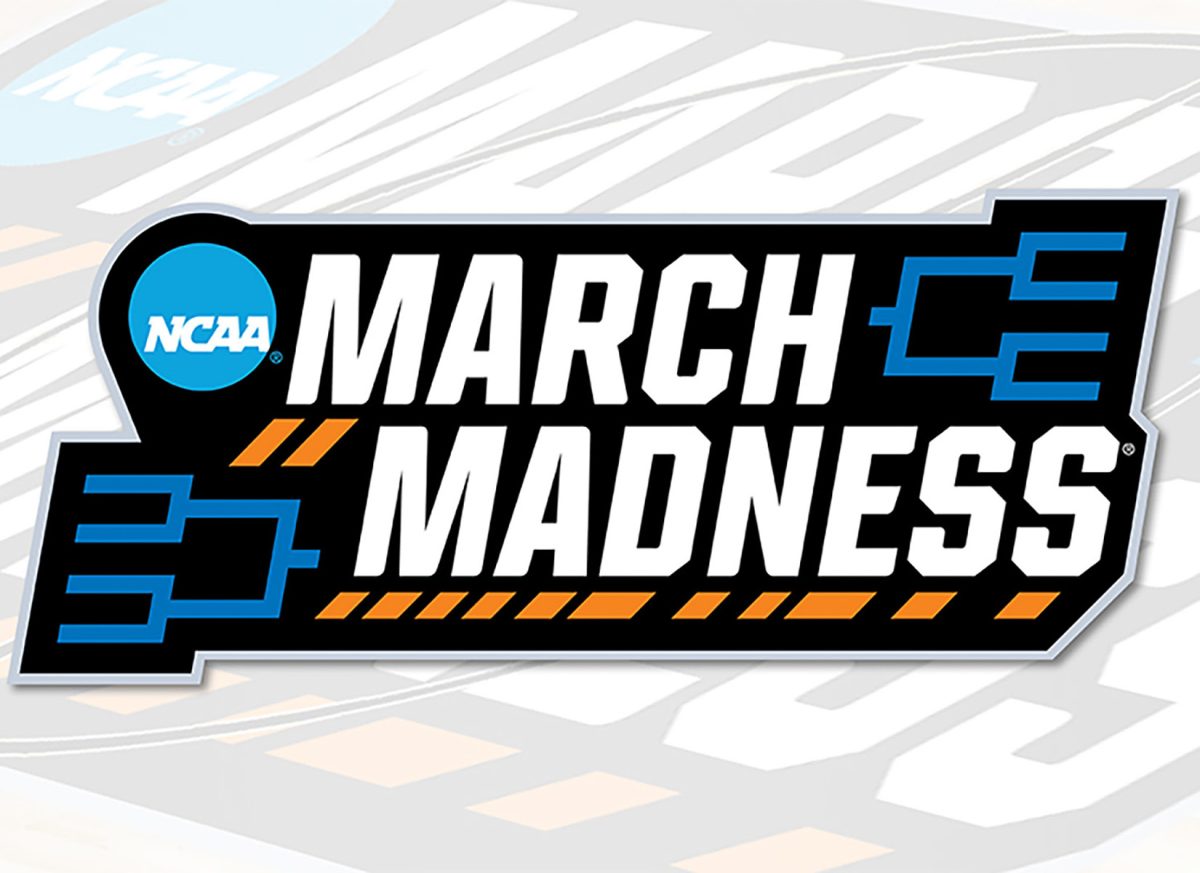Nicole Eggert, a freshman international business major, is a member of the Lions Club International, a community service organization with more than 1.4 million members in over 200 countries around the world.
Eggert is part of the environmental committee for El Paso’ chapter of the LCI. In an effort to keep electronics out of landfills, Eggert said the idea of creating a resource so the community can recycle their electronics originated at this chapter and she decided to take the project to UTEP.
“UTEP doesn’t own a recycling plan, so I’m doing it as my honors project. This was a project which I was doing anyways,” said Eggert, who is also a member of the University Honors Program. “And so I started talking with my geology teacher of what I can do for my honors project. I mentioned it (the e-waste recycling project for LCI) and she was like, ‘well why don’t you just do that?’ So it was kind of like two for one.”
Tina Carrick, assistant professor of research in the department of geological sciences and main sponsor of Eggert’s project, knows Eggert from her introductory to physical geology class.
“She actually told me about this project of her interest, making people more aware of recycling in general, and it was specific of course to the electronic recycling and so the idea is Nicole’s,” Carrick said. “This is something that she has a great passion for.”
The project’s goal is to tackle the fastest growing waste segment of the municipal solid waste stream, e-waste. It targets toxic materials found in everyday electronics such as americium, sulphur, mercury, arsenic, lead and chromium. These materials are found in batteries, microchips, crystal displays, mobile phones, PVC, among others.
“Let’s say everybody in the school decides to throw away five electronics per person. So the landfill would eventually be full of electronics right? Once you get water running through that, all those chemicals are leaching out,” Eggert said. “Once it gets into your soil, it can contaminate your soil, it can contaminate your groundwater; through groundwater, you can contaminate your wells and eventually you can contaminate water. That’s the basic premise of why you don’t want to put it in the trash.”
Hazardous materials can damage human reproductive, respiratory and nervous systems; they can also cause damage in the brains and kidneys. Some toxins can poison people in high doses and others are associated with deficits in cognition, learning and even cancer.
Eggert said that when you’re throwing your electronics away, you’re also wasting resources that can otherwise be saved, re-purposed and re-sold.
Among the items that can be recycled for this project are cellphones, batteries, computers, laptops, CD/DVDs, chargers, speakers, keyboards, projectors, cables, e-readers and headphones, among others. Carrick offers extra credit to classmates who drop off their electronics.
“Almost anything can be recycled, the biggest factor of that is where you’re doing it. If you’re doing it with the city, I know their list is actually very short. Since I’m doing it at Best Buy, whatever they take is what I take,” Eggert said.
The collection bin is located outside Carrick’s office in room 124 of the Geological Sciences Building. The project will be running until the end of the semester. Eggert said it is important to clear drives and sim cards before turning them in.
Eggert is currently trying to get the Student’s Green Team involved in adopting the project for next semester since she plans to transfer to UT Austin.
“Today’s technology, everybody has cellphones and tablets and earphones and things like this that are harming nature, are very easy to bring in and drop off and prevent incorrect recycling,” Carrick said. “I think UTEP as a whole institution really should think about it (adopting the project). It’s a place where many of us come to on a daily basis so it’s very easy to bring something and to drop it off in the recycling bin.”
To view the complete list of items that Eggert can accept, you can visit bestbuy.com/recycle.



